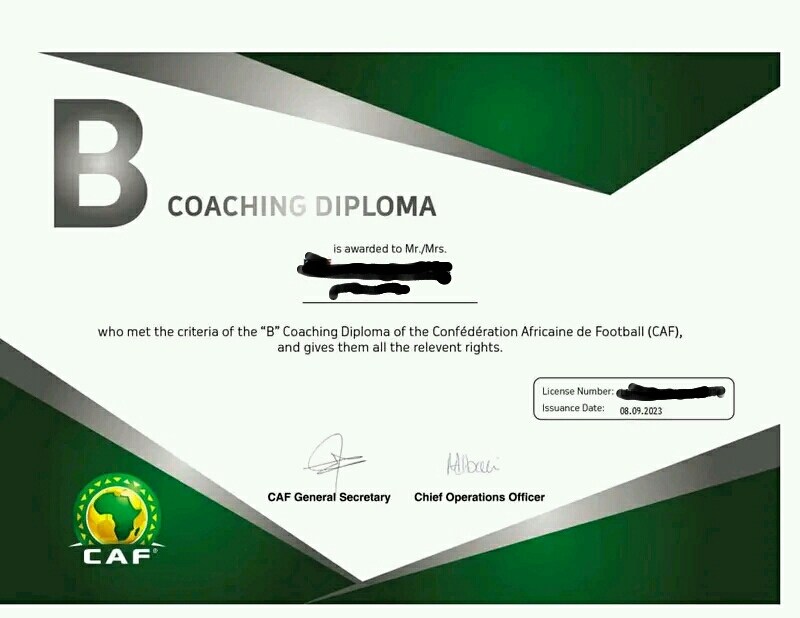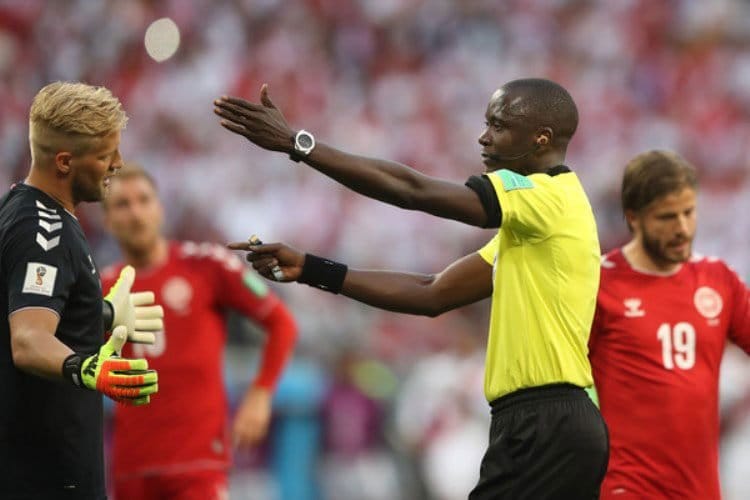NPFL’s CAF B License Requirement
The Nigeria Premier Football League (NPFL) recently made headlines with its decision to mandate all Head Coaches to possess the Confederation of African Football (CAF) B Licence. This bold move by the league’s Chief Operating Officer, Davidson Owumi, has ignited discussions across the football landscape, and in my opinion, it is a step in the right direction.
The timing of this announcement has raised eyebrows, especially considering the challenges coaches have faced in accessing CAF B License courses due to the Nigerian Football Federation’s (NFF) lack of support since 2016. However, despite the timing concerns, there are compelling reasons behind this requirement.
Firstly, the move to mandate CAF B Licences for head coaches aligns with global football standards. The Nigerian football scene often finds itself in a bubble, with local success sometimes overshadowing the need for continuous growth and development. Our coaches tend to shine in the local league, where they may rely on referees’ decisions to secure victories. However, when they venture into international competitions, they often face challenges due to a lack of broader technical knowledge.
A prime example is the CAF Champions League, where Nigerian teams have struggled in recent years. Enyimba’s 2003 and 2004 triumphs marked the last time a Nigerian club won the prestigious competition. Subsequent attempts have fallen short, emphasizing the need for our coaches to upskill and compete at the continental level.
READ ALSO: NPFL Takes a Stand: Kano Pillars Barred from Signing New Players
The CAF B Licence is not just a piece of paper but a symbol of a coach’s commitment to improving their technical prowess. It signifies an understanding of the nuances of the game and a willingness to adapt to evolving strategies and tactics. This knowledge empowers coaches to guide their teams effectively, even in unfamiliar environments.
Furthermore, continuous learning is a fundamental aspect of coaching. To stop learning is to stagnate. Our coaches should embrace opportunities to expand their horizons, and obtaining the CAF B Licence is one such opportunity. It equips them with the tools to rely on their technical know-how rather than seeking assistance from referees during matches, as is often the case in Nigeria.
While the sudden imposition of this requirement raises challenges for coaches who may have limited access to the course, it serves as a wake-up call for both the NFF and coaches themselves. The NFF must provide an enabling environment for coaches to pursue these certifications, and coaches must prioritize their professional development.
In conclusion, NPFL’s decision to mandate CAF B Licences for head coaches is a positive step toward raising the league’s technical standards and better preparing Nigerian teams for international competitions. It highlights the importance of continuous learning and improvement in the world of football. While the path ahead may be challenging, it is a journey worth embarking on for the growth and success of Nigerian football.



